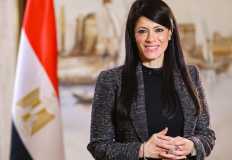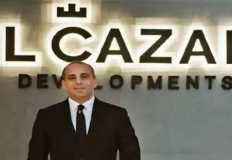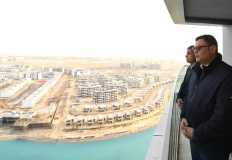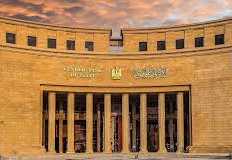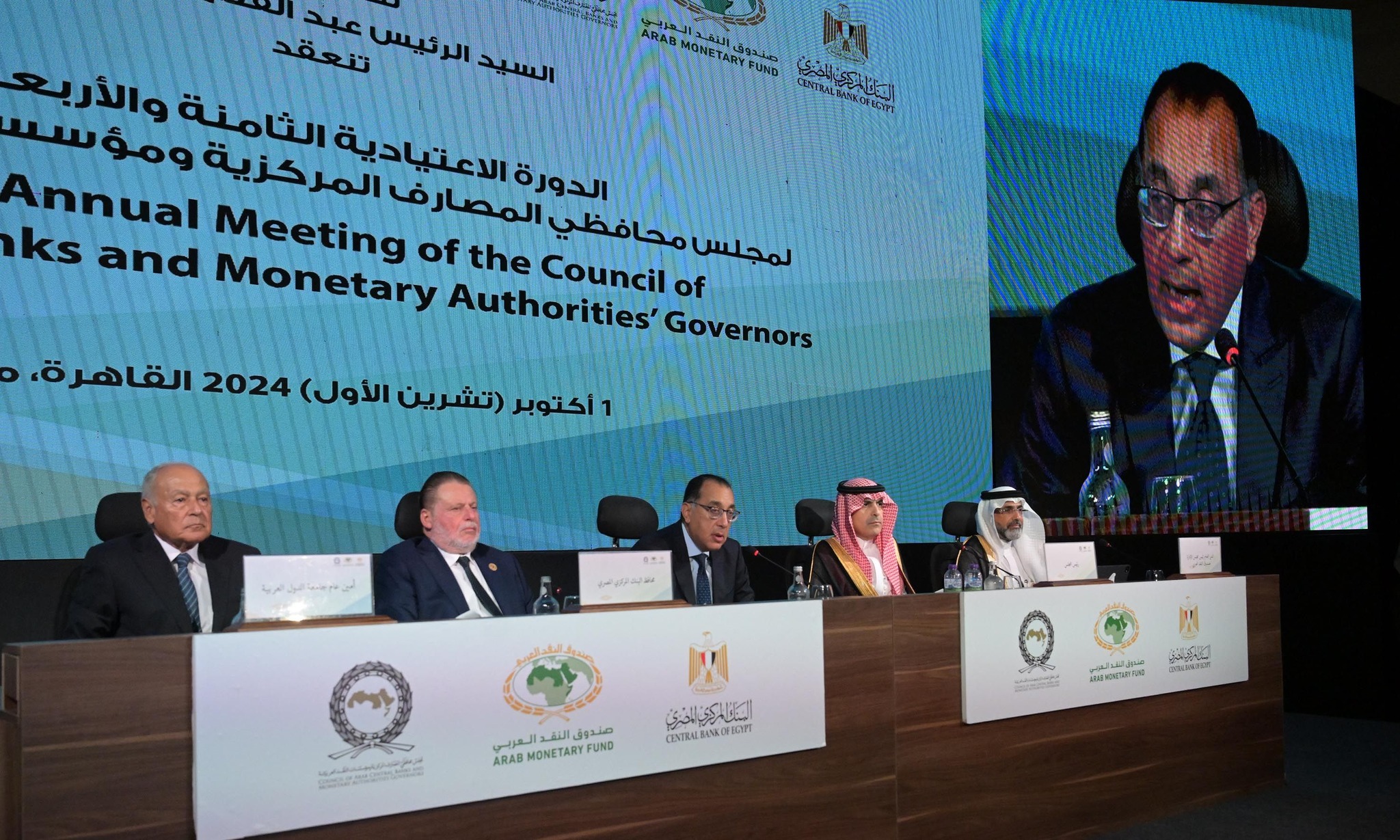
Prime Minister Dr. Moustafa Madbouly, and Hassan Abdullah, Governor of the Central Bank, opened this morning, Tuesday, the work of the forty-eighth regular session of the Board of Governors of the Central Bank of Egypt, which is under the patronage of President Abdel Fattah El Sisi, and is covered by the Central Bank of Egypt.
Participating in this session are
Ahmed Aboul Gheit, Secretary-General of the League of Arab States, and Ayman AlSayari,
Governor of the Central Bank of Saudi Arabia, Chairman of the Board of
Governors of the Central Bank and the Arab Monetary Fund, and Chairman of the
current session, Dr. Fahd bin Mohammed Al Turki, Director General and Chairman
of the Board of Directors of the Arab Monetary Fund, and a number of governors
of Arab central banks, heads of Arab and international monetary institutions,
and ambassadors of Arab countries.
During the opening session, Dr.
Moustafa Madbouly delivered a speech emphasizing the complexity of the regional
and international context in which this meeting was held. The
interconnectedness of successive crises with geopolitical developments and
turmoil has cast a shadow on many aspects of life, presenting governments,
particularly in the Arab region, with unconventional challenges. These
challenges necessitate modern approaches that consider various factors,
influences, and variables, including the social dimension. Close coordination
and cooperation between policymakers and regional and international financial
institutions are essential to address these complex issues.
In the same context, he noted
that the repercussions of these tensions had led to rising inflation,
necessitating a shift in economic policy priorities, particularly monetary
policy. Successive interest rate hikes were implemented to curb inflation, but
this had adverse effects on economic growth and development financing in many
developing countries and emerging markets. The investment gap to achieve the
2030 Sustainable Development Goals, estimated at $4 trillion by the United
Nations, was exacerbated by these challenges.
He addressed the anticipated
impact of rapid technological advancements on labor markets. The International
Monetary Fund warns that up to 40% of traditional jobs globally could be
affected by increasing reliance on artificial intelligence.
At the same time, he pointed out
that the International Monetary Fund forecasts global economic growth to reach
3.2% in 2024 and 3.3% in 2025, indicating relative stability. However, these
rates remain below pre-pandemic averages.
He also stressed that Egypt, with
its strategic location, is deeply intertwined with regional and international
dynamics. It is both influenced by and exerts influence on various factors. In
the face of ongoing challenges, the Egyptian government, under the leadership
of President Sisi has implemented policies to address these complexities.
Egypt continued its structural
reform path to promote growth and employment. A key focus was on further encouraging
the private sector, culminating in the launch of the state ownership policy
document. This aimed to increase private sector participation in output,
employment, investments, and exports. These reforms enabled the Egyptian
economy to withstand complex global crises.
Over the past four years, the
Egyptian economy demonstrated remarkable resilience in the face of crises,
achieving average growth rates of approximately 4.3% from 2020 to 2023.
The Prime Minister emphasized the
government's ongoing efforts to improve infrastructure and attract domestic and
foreign investment. These efforts have contributed to Egypt's progress in
various international rankings. The government aims to expand public-private
partnerships in infrastructure development projects by developing successful
models.
Dr. Madbouly added that the
government has implemented numerous legislative and institutional reforms to
improve the investment environment. These include laws that simplify project
establishment procedures, encourage the private sector, and stimulate local and
foreign investment. A notable example is the introduction of the golden
license, which streamlines the process for investors.
He explained that the government
has recently adopted a new industrial strategy and tax policy. These measures
will further enhance Egypt's investment climate.
The Prime Minister commended the strong investment relations between Egypt and Arab countries, which have become increasingly interactive and solid. He noted that Egypt has signed numerous investment promotion agreements with its Arab partners, contributing to Egypt's growth and development. These agreements reflect the government's efforts to simplify investor procedures and provide incentives to encourage investment.
